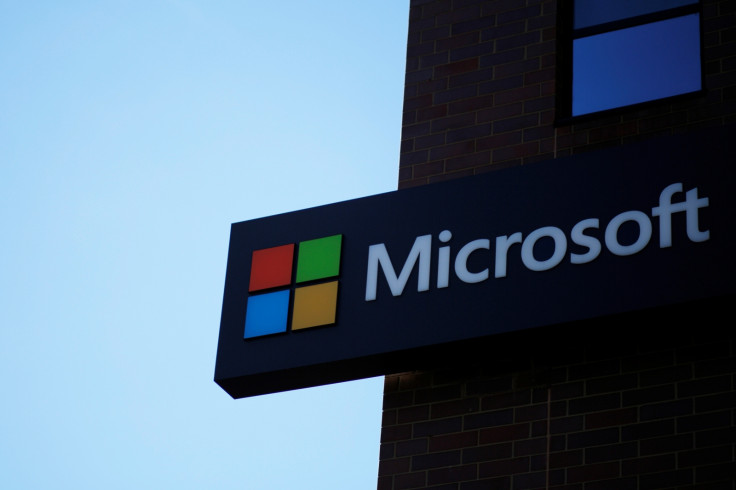Microsoft warns of potential 'destructive' state-sponsored attacks and issues new XP patches
The tech firm's new updates are aimed at blocking potential catastrophic attacks such as the WannaCry outbreak.

In an unprecedented move, Microsoft has issued critical security updates for previously unsupported OS (operating system) such as Windows XP and Server 2003, in efforts to block potential catastrophic attacks, such as last month's WannaCry outbreak. The tech firm also warned of "elevated risk for destructive cyber attacks" by "nation-state actors or other copycat organisations".
The security updates are part of Microsoft's regular Patch Tuesday updates and will be delivered automatically to Windows 10, Windows 8.1, Windows 7, and post-2008 Windows Server releases. However, in a remarkable move, Microsoft has also made the updates available for manual downloads and installations on older OS versions.
Given that older Windows OS such as XP and Server 2003 are still being run by numerous businesses across the globe, this update could help ensure that many organisations remain safe from future cyberthreats.
In a separate development, the tech firm has also said that it will disable the SMB1 protocol on all future Windows OS versions, to avoid another WannaCry-like attack scenario. The global ransomware epidemic that affected over 150 countries primarily stemmed from SMB1 exploits leaked by the Shadow Brokers.
It is unclear if Microsoft's latest patches come in the light of a warning from the US government about a possible impending cyberattack. In February, the tech giant, for the first time ever, skipped its regular Patch Tuesday update, delaying it to the next month, when it eventually provided updates to block attacks from leaked NSA exploits. It is speculated that Microsoft was warned by the NSA about its stolen cyber tools and the possibility of an attack. It is unclear if the tech giant received a similar warning before releasing its latest patches.
© Copyright IBTimes 2025. All rights reserved.






















